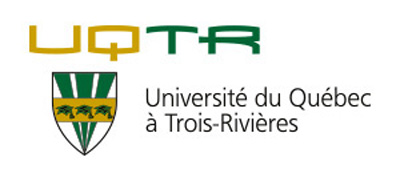Related projects
Discover more projects across a range of sectors and discipline — from AI to cleantech to social innovation.
Mitacs brings innovation to more people in more places across Canada and around the world.
Learn MoreWe work closely with businesses, researchers, and governments to create new pathways to innovation.
Learn MoreNo matter the size of your budget or scope of your research, Mitacs can help you turn ideas into impact.
Learn MoreThe Mitacs Entrepreneur Awards and the Mitacs Awards celebrate inspiring entrepreneurs and innovators who are galvanizing cutting-edge research across Canada.
Learn MoreDiscover the people, the ideas, the projects, and the partnerships that are making news, and creating meaningful impact across the Canadian innovation ecosystem.
Learn MoreResource extraction has caused extensive landscape change that impacts wildlife. This is especially true in Alberta, Canada, where forestry, oil and gas and similar industries stretch across the province. While these industries are known to negatively affect some wildlife species, other species benefit from the features that these industries introduce, such as roads. In consequence, wildlife communities in human-modified landscapes consist of ‘winner’ and ‘loser’ species. Though this pattern is consistent across the province, the mechanisms that cause mammal species to experience either positive or negative impacts are unclear, which makes conservation difficult. However, ecological theory suggests that species’ characteristics, such as diet, determine how they respond. Using motion-activated camera traps to survey wildlife, this project will examine whether species’ characteristics explain whether species ‘win’ or ‘lose’ in human-modified landscapes. This will provide a better understanding of how landscape change impacts wildlife, which will also help wildlife and economically important industries coexist.
Jason T Fisher
Macgregor Aubertin-Young
InnoTech Alberta Inc
Environmental sciences
Professional, scientific and technical services
University of Victoria
Accelerate
Discover more projects across a range of sectors and discipline — from AI to cleantech to social innovation.
Find the perfect opportunity to put your academic skills and knowledge into practice!
Find ProjectsThe strong support from governments across Canada, international partners, universities, colleges, companies, and community organizations has enabled Mitacs to focus on the core idea that talent and partnerships power innovation — and innovation creates a better future.













































































































































































































































































































